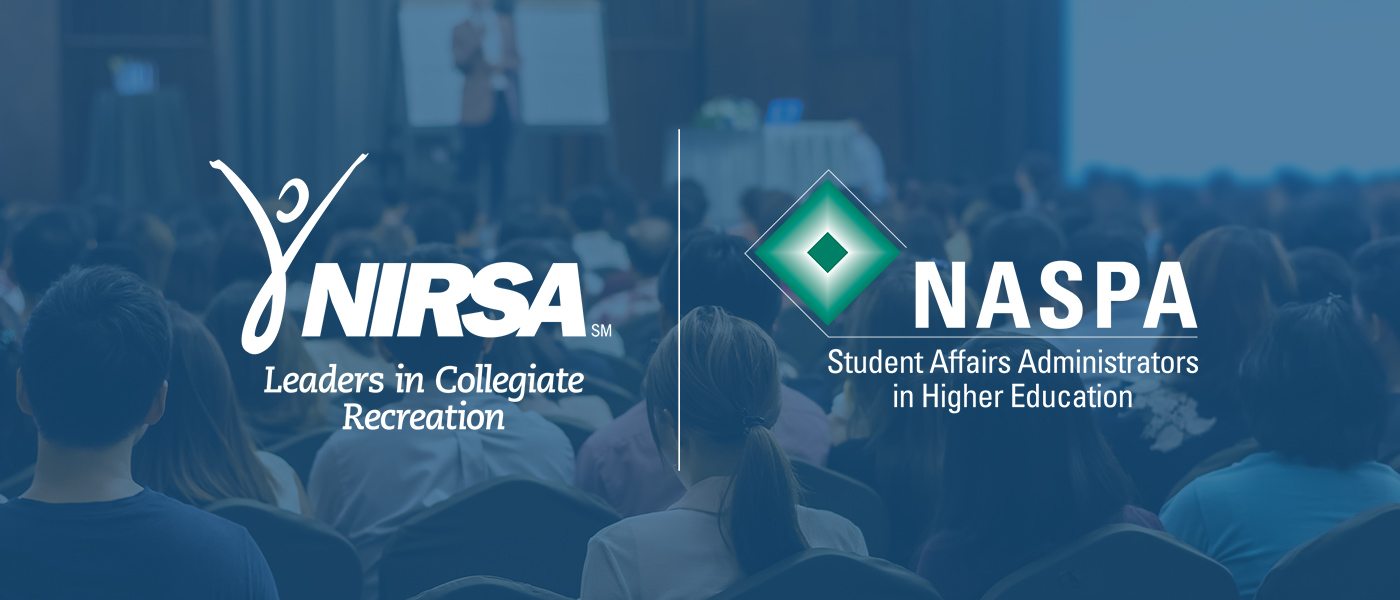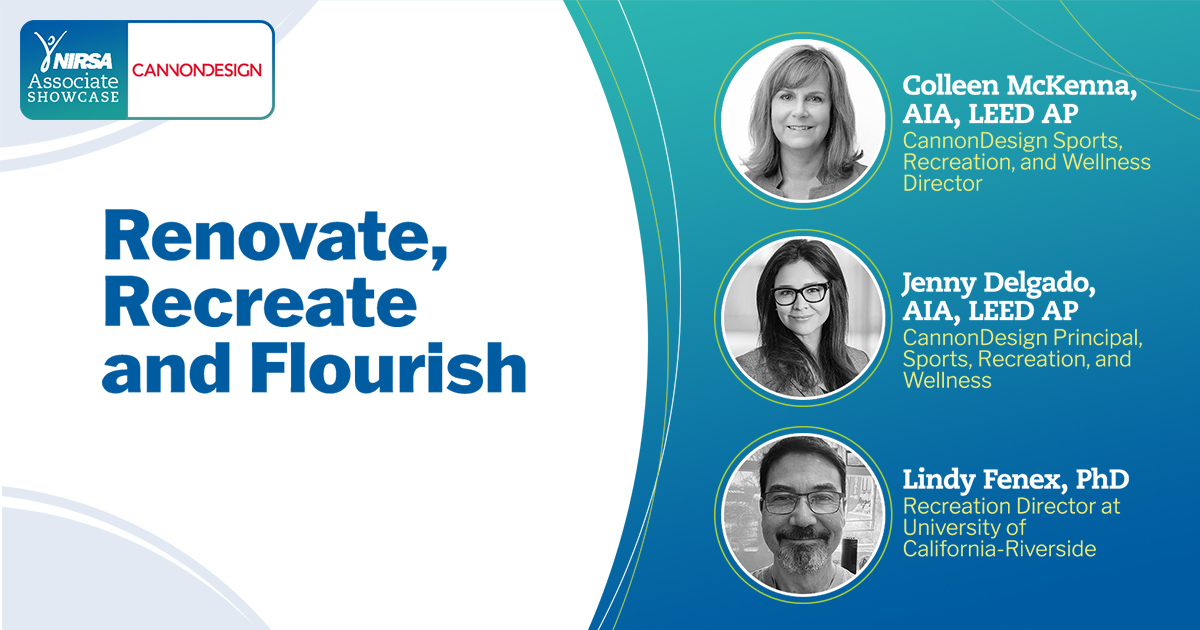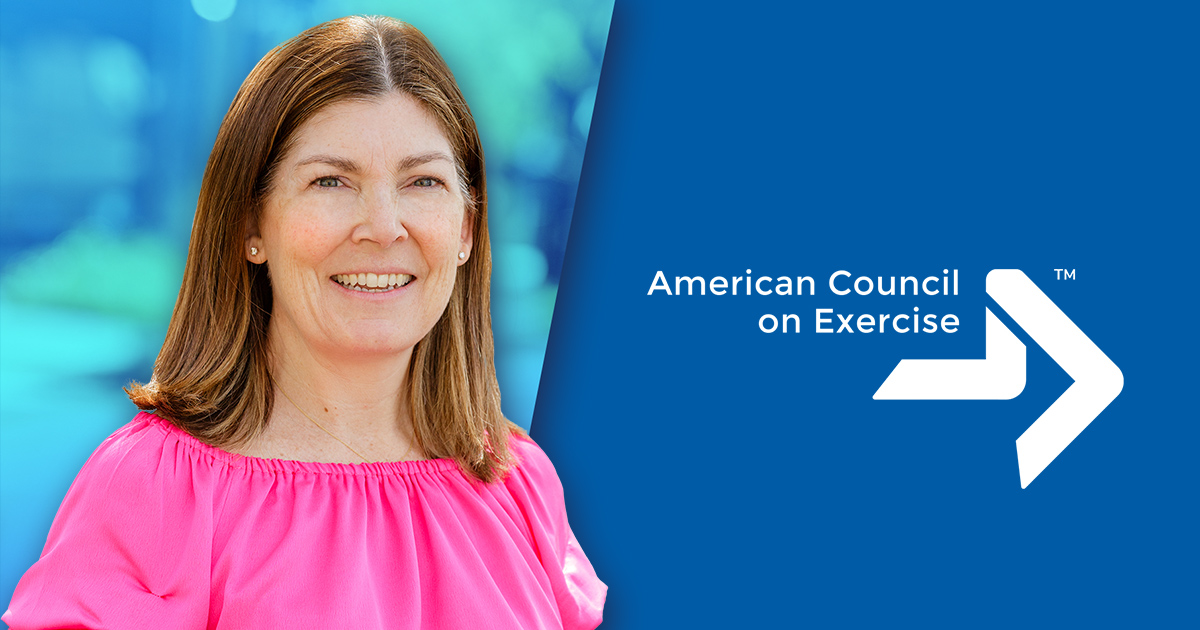The annual NASPA Strategies Conference typically encompasses three tracks: Alcohol, Other Drug, and Violence Prevention; Mental Health; and Sexual Violence Prevention and Response. This year, due to increasing demand, they added a fourth track devoted to Wellbeing and Health Promotion and Leadership. It promised to focus on building “knowledge and capacity around creating a culture of health and wellbeing” as well as informing “future planning at institutions of higher education.”
Given the important role campus recreation plays in this work, it’s no surprise for NIRSA to be represented. Several members were in attendance, with some also presenting or contributing to education sessions. NIRSA Executive Director Pam Watts presented on behalf of the Association, alongside NASPA Professional Development Director Stephanie Gordon, during the two-hour mini-institute “Wellbeing: A Fundamental Aspect of Student Success.” This session built on the great work done in October during the NIRSA/NASPA thought leadership forum on wellbeing.
Pam and Stephanie provided an overview of that recent forum, highlighting how the event used the great work that was being done on individual campuses to attest to the power of approaching all aspects of campus through the lens of wellbeing. To do so successfully requires collaborating across institutional silos. This collaborative work was central to the forum’s call to action.
NIRSA and NASPA intend to lead by example in the effort to bring knowledgeable experts together. They are currently composing a statement that each will bring to their boards of directors. If both boards sign on, the statement will then be sent to other associations so they can consider lending their support as well.
Having a unifying statement with actionable objectives, shared amongst higher education associations, will be a significant step in providing members inspiration, models, and opportunities to collaborate across campus and integrate their wellbeing work into the fibers of their campus cultures. It will also serve as a reminder that to truly integrate wellbeing into the culture of higher education, we must transcend the idea of any one person, group, or department ‘owning’ this work.
The mini-institute discussed everything from the various models of wellbeing to specific individual and environmental indicators that students were flourishing and well. Pam and Stephanie are currently utilizing the diverse perspectives and experiences of the highly-engaged attendees to help shape the statement that will be going to the boards.
- For more information, please contact NIRSA Director of Advocacy & Strategic Partnerships Erin O’Sullivan.
Erin O'Sullivan is currently the Senior Director of Initiatives and Impact at NIRSA.








